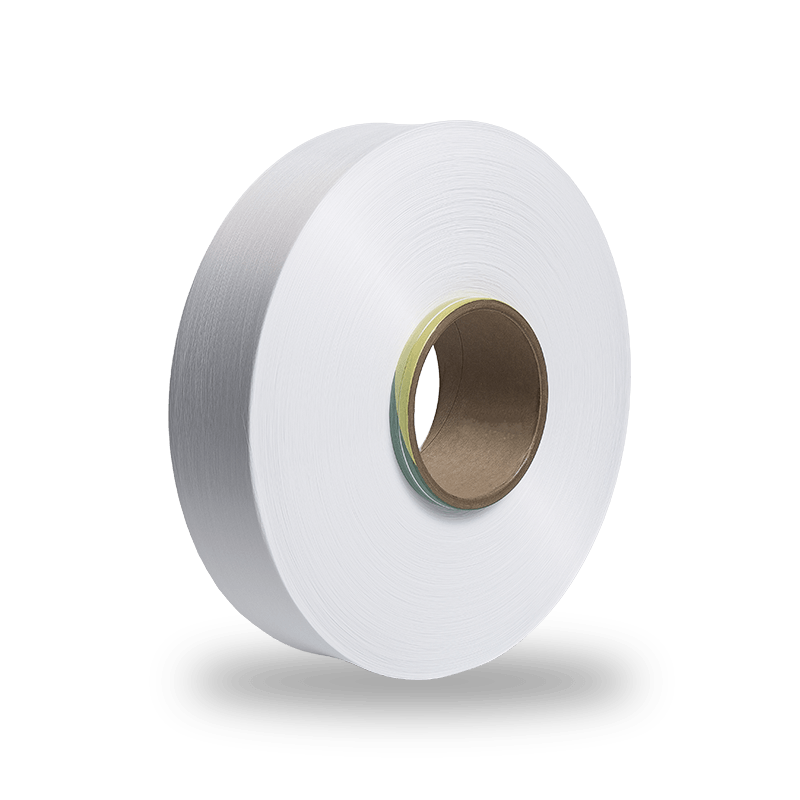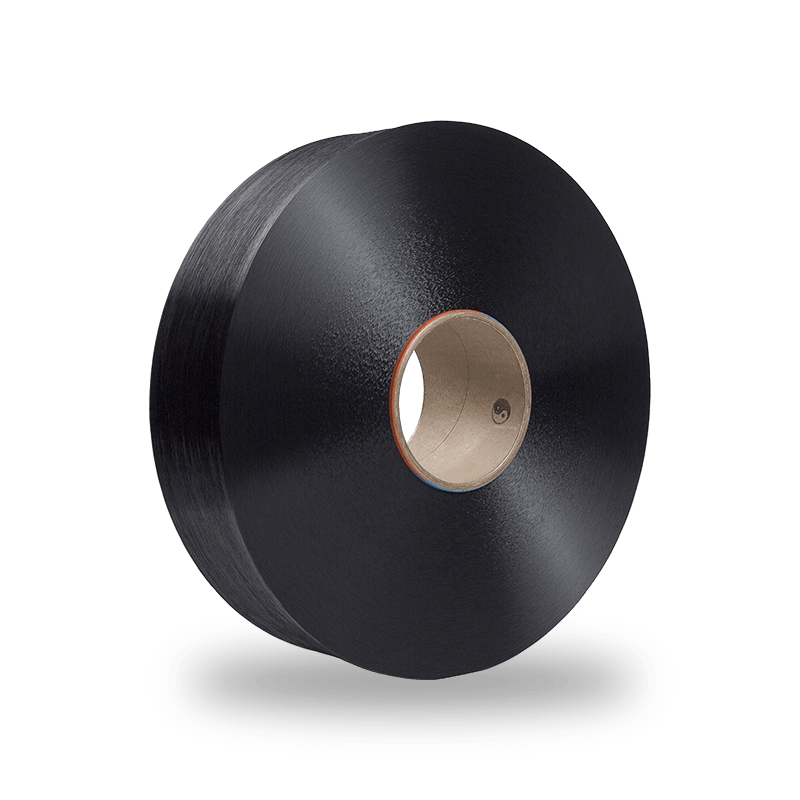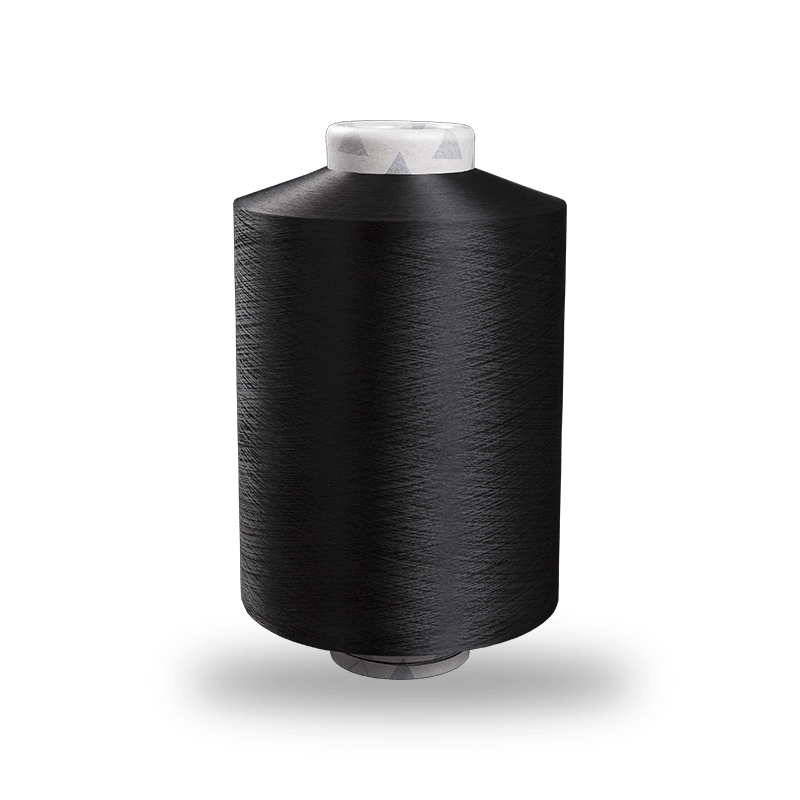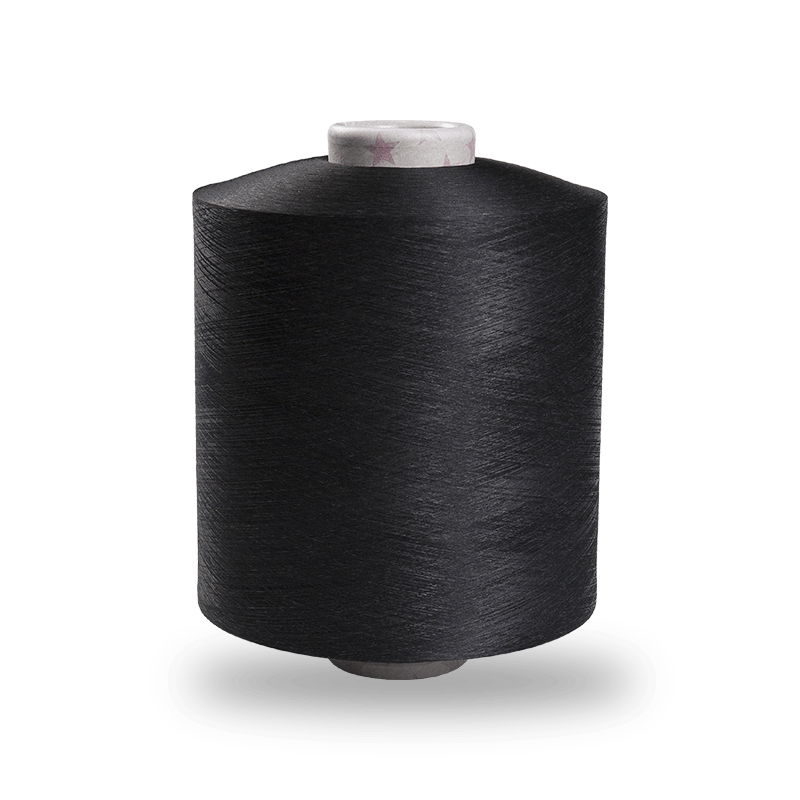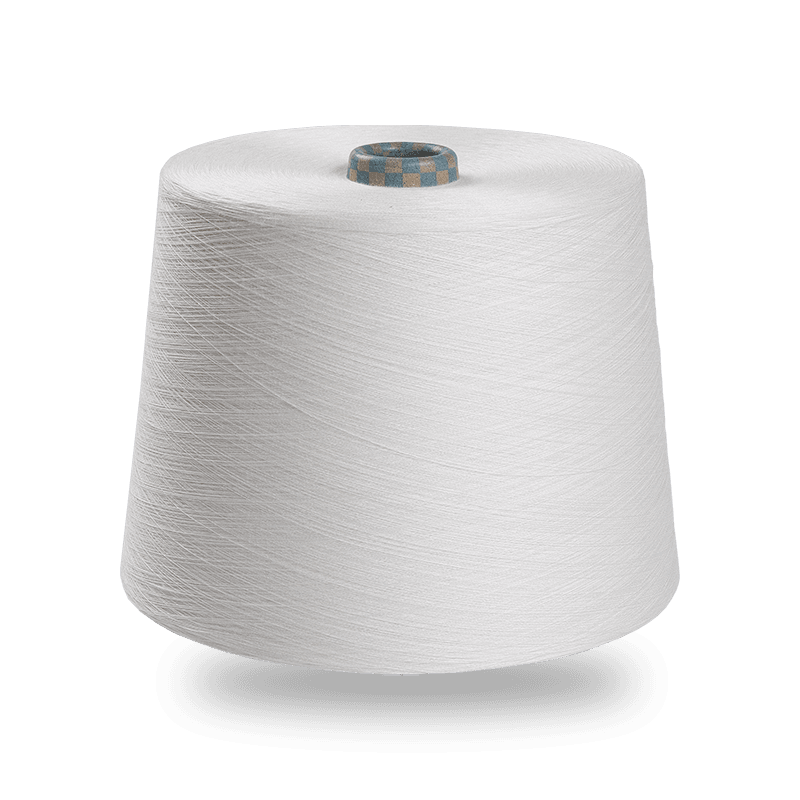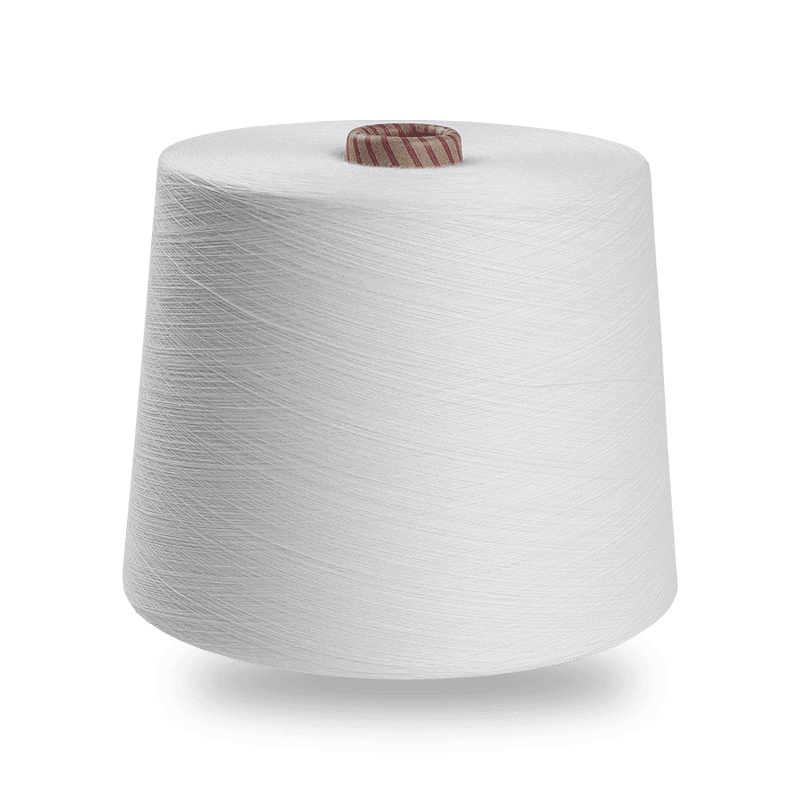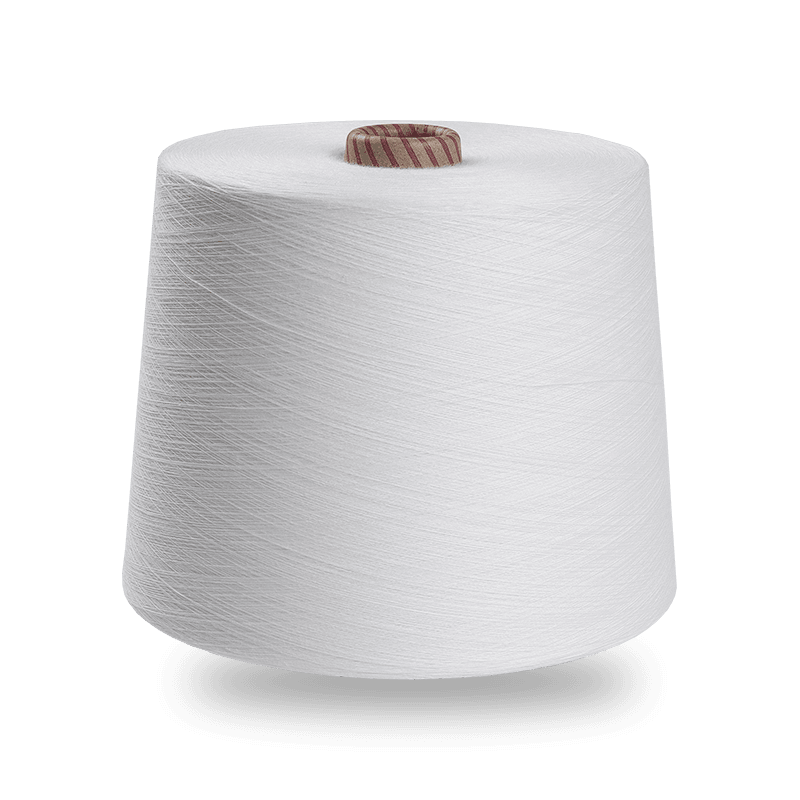The modifications made to Nylon 6 DTY to enhance specific properties align closely with broader industry trends and consumer demands for sustainable, high-performance textiles. Here's how:
Sustainability Focus: Many consumers and industry stakeholders are increasingly concerned about the environmental impact of textile production. Modifications to Nylon 6 DTY for properties such as flame resistance or antimicrobial capabilities can contribute to sustainability by extending the lifespan of textile products. For example, flame-resistant textiles may require less frequent replacement, reducing overall resource consumption and waste generation. Additionally, antimicrobial properties can help prolong the freshness and cleanliness of textiles, potentially reducing the need for frequent washing and extending garment lifespans.

Performance Enhancement: In today's market, consumers expect textiles to offer not only aesthetic appeal but also functional performance. Modifications to Nylon 6 DTY allow textile manufacturers to meet these demands by enhancing the performance of the end products. Flame-resistant Nylon 6 DTY, for instance, provides added safety in applications where fire hazards are present, such as protective workwear or automotive interiors. Similarly, antimicrobial-treated Nylon 6 DTY offers improved hygiene and odor control, catering to consumers' desire for cleanliness and comfort in apparel and home textiles.
Versatility and Customization: The ability to modify Nylon 6 DTY for specific properties enables textile designers and manufacturers to customize products according to market demands and consumer preferences. Whether it's developing flame-resistant upholstery fabrics for public transportation or creating antimicrobial sportswear for active individuals, Nylon 6 DTY modifications offer versatility in addressing diverse needs across various industries.
Regulatory Compliance: As regulations and standards governing textile safety and performance continue to evolve, modifications to Nylon 6 DTY for properties such as flame resistance align with compliance requirements in specific sectors. Industries such as automotive, aerospace, and healthcare often have stringent standards for flame resistance, and modified Nylon 6 DTY provides a solution that meets or exceeds these requirements while maintaining performance and durability.
Innovation and Differentiation: In a competitive market landscape, innovation drives differentiation and market positioning. Modifications to Nylon 6 DTY represent an opportunity for textile manufacturers to differentiate their products by offering unique features and benefits that resonate with consumers. By staying ahead of industry trends and leveraging technological advancements, companies can position themselves as leaders in sustainable, high-performance textiles, gaining a competitive edge in the market.


 English
English 中文简体
中文简体 Español
Español عربى
عربى
